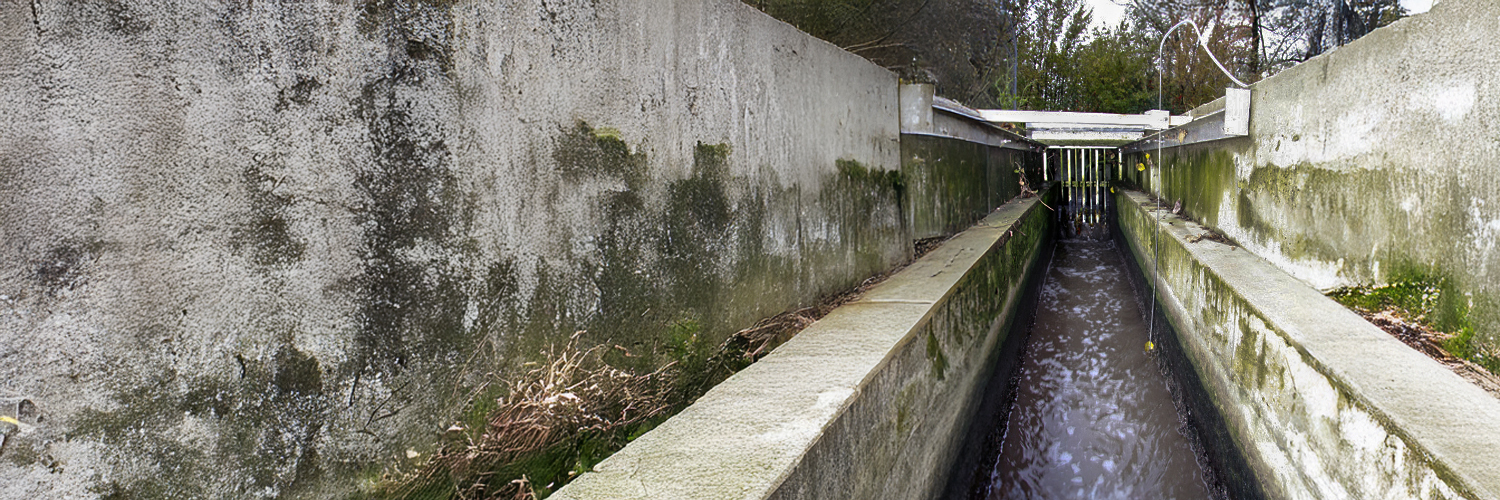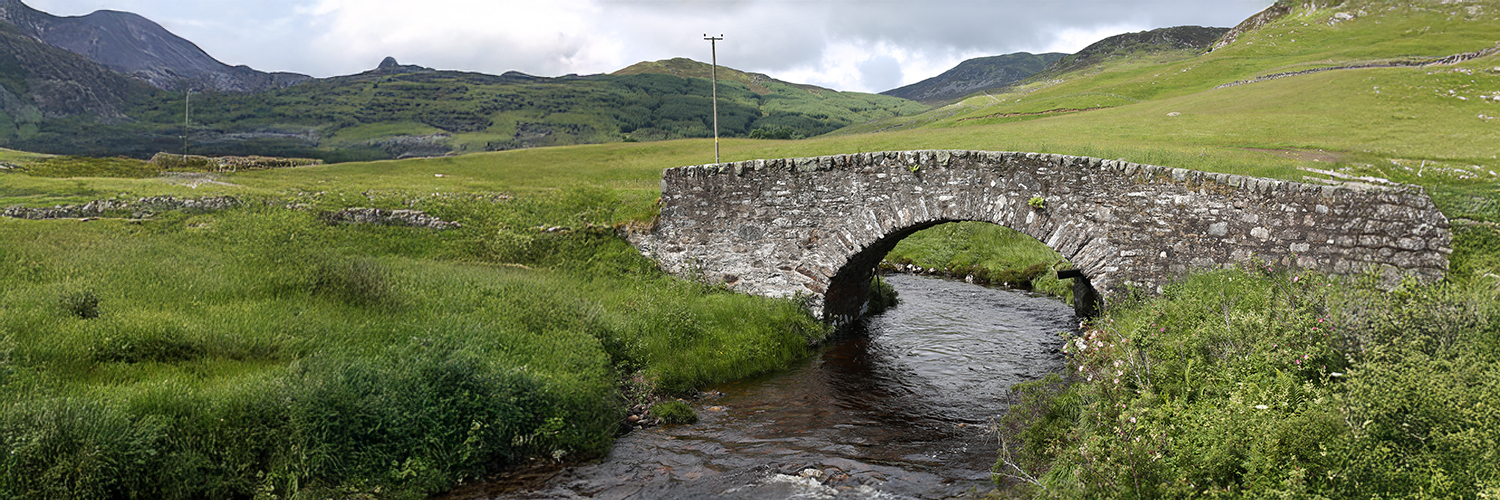- ABOUT CTC
- EXPERTISE AND SERVICES
- Raw hide - Tannery
- Footwear
- Leather goods - Glove-making
- PPE
- Environment
- CSR
- Training
- Safety of articles with ICARE
- BLOG AND NEWS
- CTC VIDEOS
- LEAFLETS AND PUBLICATIONS
- CUSTOMERS EXTRANET
EN
A 24-hour assessment involves taking representative samples of your business activity over a 24-hour period.
The samples are taken either from your industrial water, your domestic water or the natural environment.
Sampling is conducted under COFRAC accreditation, in accordance with FDT90523-2 or FDT90523-1.
The service generally includes the installation of an automatic refrigerated sample taker, combined with a flow-measurement device capable of taking a number of sub-samples that are proportionally representative of your discharge.
At the end of the measurement period, a composite sample is formed. This sample is then analysed by our laboratory to verify the quality of your discharge.
The frequency at which this type of check must be performed depends on the classification of your facility or your category; it can be annual, quarterly or monthly. This kind of check is generally conducted on an annual basis
Spot samples of your waste water and your storm water may also be requested, as well as samples to check the impact of your discharge on the natural environment (upstream/ downstream).
This kind of sampling is technically straightforward to implement (the immersion of a bottle) and is traditionally performed at the outlet of your hydrocarbon separator, prior to discharge into the sewage system or the natural environment
Waste water sampling and analysis verifies the quality of water discharges from establishments and their compliance with regulatory obligations specific prefectural or ministerial decrees (Decree of 21 July 2015, Decree of 24 August 2017 modifying the Decree of 2 February 1998), and the discharge agreement.
This kind of sampling and analysis is compulsory for any establishment discharging water directly into the natural environment or the sewage system.

Treatment stations and industrial facilities classified for environmental protection for ICPE. Any industrial or agricultural facility likely to generate risks or cause pollution or harm, particularly to the health and safety of residents, is a classified facility.
The frequency at which waste water checks must be carried out varies depending on the establishment’s activity and its classification (authorisation or declaration), but also on the rules in place locally.
It is at least once per year, but can be up to 12 times per year.

Generally, the appropriate sampling is carried out over a 24-hour period, representative of the establishment’s average activity, with samples taken under COFRAC accreditation with flow measurement.
Even though time control is possible, a study found that this technique would lead to over 40% more uncertainty compared to flow control. This is why CTC favours and almost systematically recommends flow control. While it may be more limiting, it is also more representative.
It should be noted that, in certain cases, a spot sample is possible and tolerated, particularly for rainwater samples but also when analysing water coolers for legionella testing.
Physical-chemical parameters, such as pH, temperature and conductivity, can also be measured occasionally or continuously.
At the end of the sample collection, a technician will validate the process to ensure that it was correctly carried out (number of samples over 24 hours, measurement of theoretical volume), and check the representativeness of the day’s activity (production shutdown, accidental spill, etc.) with the establishment.
CTC ensures that the samples are stored in analytically controlled bottles (NF 90-524) and transports them to our COFRAC-accredited laboratory in a refrigerated chamber (5 °C ± 3) immediately after sampling is completed to comply with the regulatory requirements in terms of analysis lead times (ISO 5667-3).
The absence of an intermediary between the sample collection and the analysis ensures that samples are processed quickly.
Production of a sampling report showing the analysis results provided by our laboratory, along with a calculation of pollution flows, a comparison with threshold values, and explanatory comments.